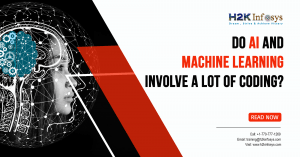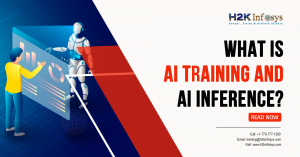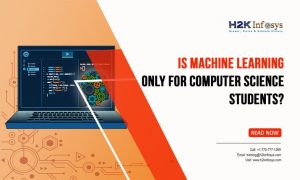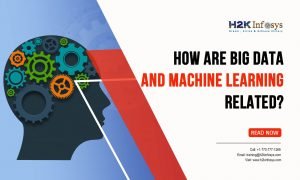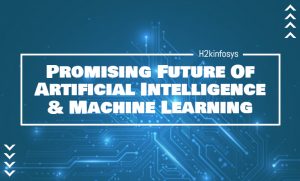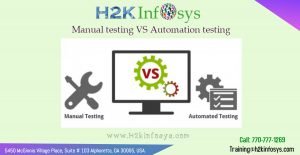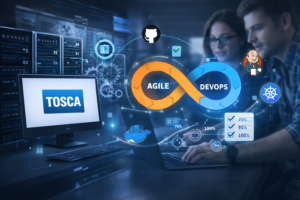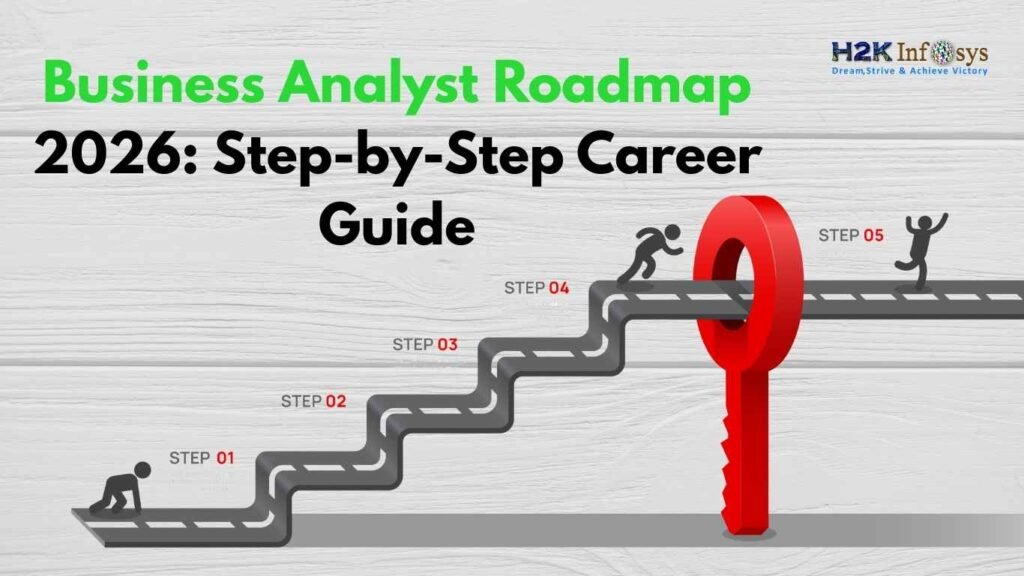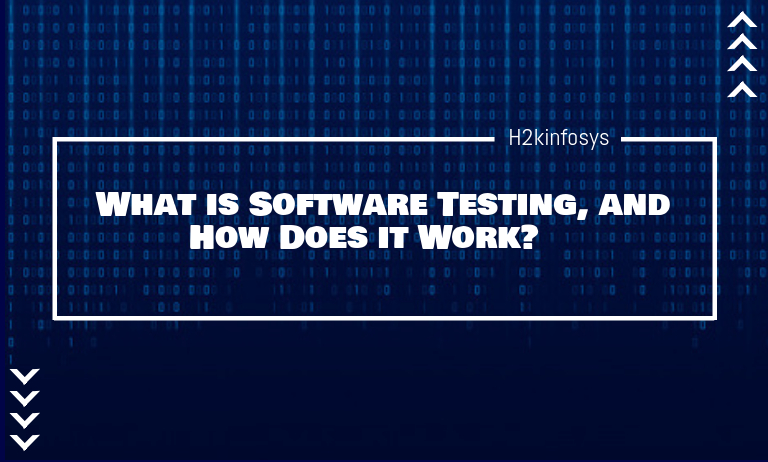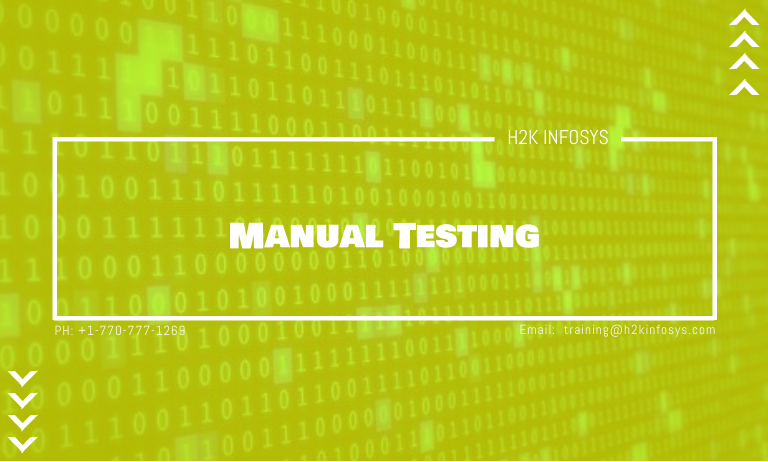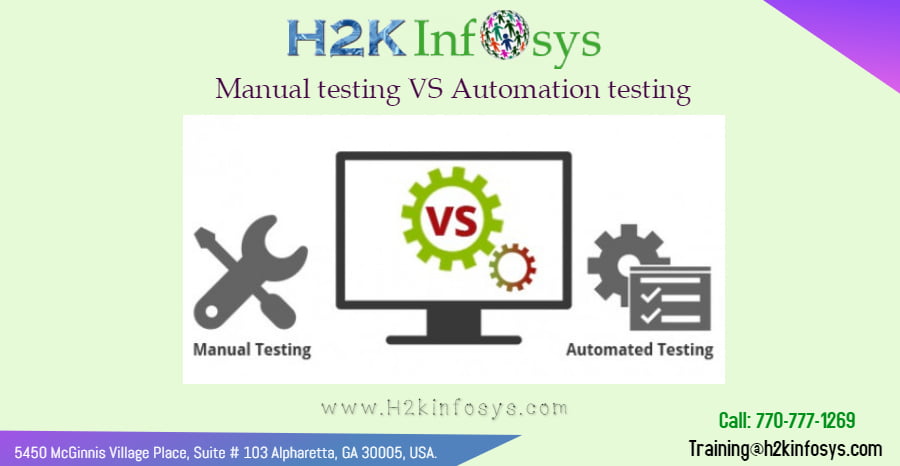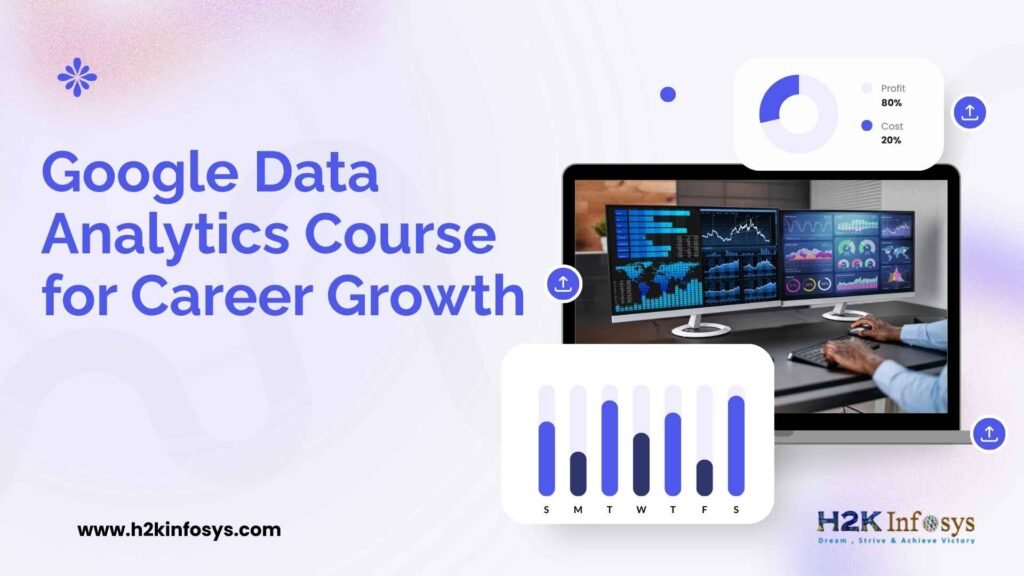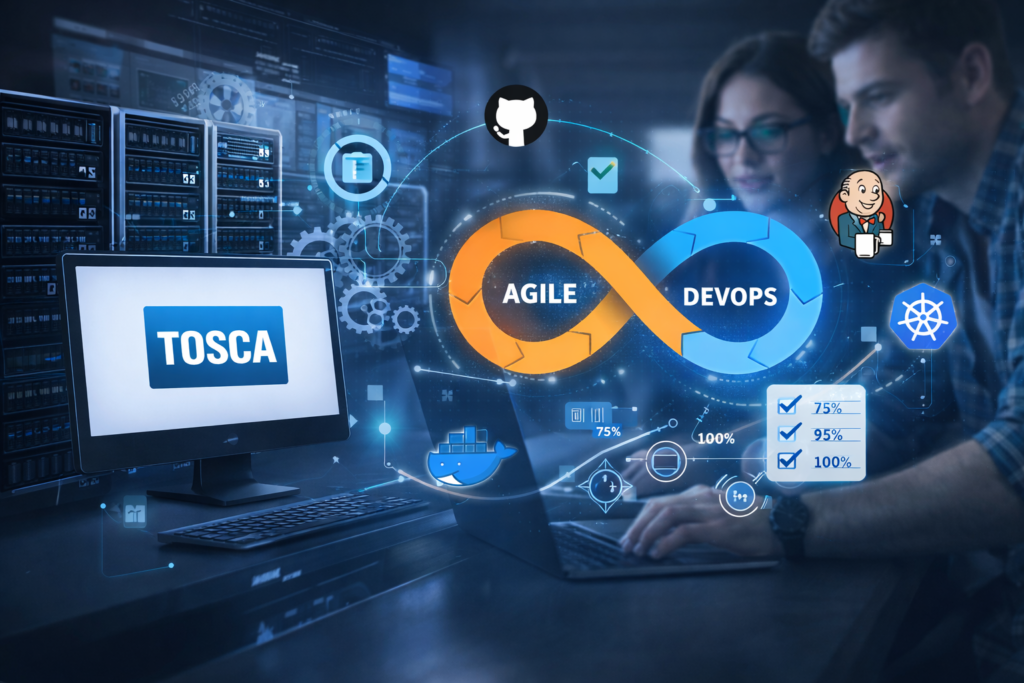Introduction
Artificial Intelligence (AI) is one of the most revolutionary technologies shaping the 21st century. From chatbots to self-driving cars, from personalized recommendations on streaming platforms to advanced medical diagnoses, AI has permeated nearly every industry. Yet, a question continues to spark debates among scientists, technologists, and everyday people: Can Artificial Intelligence replace human intelligence?
While AI has made incredible progress, it’s important to understand the difference between mimicking human tasks and replicating the depth of human intelligence. In this blog, we’ll explore the strengths and limitations of AI, the irreplaceable qualities of human intelligence, and what the future holds for collaboration between humans and machines. For professionals eager to thrive in this space, investing in AI training courses and earning an Artificial intelligence certificate online can be the stepping stone to understanding these dynamics better.

Understanding Artificial Intelligence
Artificial Intelligence refers to computer systems designed to perform tasks that normally require human intelligence. These tasks include problem-solving, speech recognition, decision-making, and pattern recognition.
There are two major categories of AI:
- Narrow AI (Weak AI): AI that specializes in one specific area, like chatbots or image recognition tools. Most AI applications today fall under this category.
- General AI (Strong AI): Hypothetical AI capable of performing any intellectual task a human can. This form does not yet exist.
Human intelligence, on the other hand, is broad, adaptive, and deeply tied to emotions, creativity, and ethics. This fundamental difference shapes the debate around replacement versus augmentation.
The Strengths of Artificial Intelligence
1. Speed and Efficiency
AI processes large volumes of data faster than humans ever could. In financial markets, algorithms analyze stock patterns within milliseconds. In healthcare, AI scans thousands of medical images to detect diseases early.
2. Accuracy and Precision
When trained properly, AI systems outperform humans in repetitive tasks requiring accuracy, such as quality checks in manufacturing or predicting fraud in banking systems.
3. Availability
AI never needs sleep or breaks. Systems can run 24/7, making them cost-effective for industries like customer support, logistics, and monitoring.
4. Data-Driven Insights
AI thrives in data-rich environments. It discovers patterns, predicts outcomes, and suggests decisions—helping businesses design smarter strategies and products.
This is why more professionals are enrolling in AI training courses to acquire skills for industries that rely on data-driven intelligence.
The Limitations of Artificial Intelligence
1. Lack of Common Sense
AI struggles with tasks requiring general knowledge or contextual understanding. For example, a chatbot may fail when asked a question slightly outside its programmed domain.
2. Dependence on Data
AI models need massive datasets for training. Without quality data, their performance declines significantly something humans overcome with creativity and reasoning.
3. No Emotional Intelligence
Machines cannot truly empathize or understand human emotions. Therapists, artists, and leaders rely on emotional intelligence an area AI cannot replace.
4. Ethical Challenges
AI raises ethical questions: bias in algorithms, job displacement, and misuse in areas like surveillance. Humans are still required to navigate these issues.
Human Intelligence: What Makes It Unique?
1. Adaptability
Humans can apply knowledge across domains. A child who learns how to ride a bicycle can often adapt to riding a scooter. AI cannot generalize learning beyond its training dataset.
2. Creativity
Art, literature, and scientific innovation thrive on human imagination. While AI generates content, it lacks originality in the true sense.
3. Morality and Values
Humans weigh consequences through ethics, empathy, and societal norms. AI decisions are purely data-driven.
4. Consciousness
Humans are self-aware beings capable of reflection, meaning-making, and abstract thought qualities AI has yet to demonstrate.
Can AI Replace Human Intelligence?
The short answer is: No, AI cannot fully replace human intelligence.
AI excels in efficiency, automation, and precision, but it cannot replicate human creativity, adaptability, morality, or emotional understanding. Instead of replacing humans, AI is better understood as a tool that augments human intelligence.
For example:
- In healthcare: AI assists doctors by identifying anomalies in X-rays, but doctors make the final judgment.
- In education: AI personalizes learning paths, but teachers nurture emotional growth and inspire curiosity.
- In business: AI forecasts market trends, but leaders make strategic decisions considering cultural and ethical implications.
Thus, AI and human intelligence complement each other, paving the way for a hybrid future.
Case Studies: AI in Action
1. Healthcare: Early Diagnosis of Diseases
AI-based systems like IBM Watson analyze medical literature and patient data to suggest diagnoses. Doctors use these insights but rely on their expertise to finalize treatment plans.
2. Transportation: Self-Driving Cars
Tesla and Waymo’s autonomous vehicles use AI to process road conditions in real time. However, human oversight remains crucial to ensure safety in unpredictable scenarios.
3. Creative Industries: AI-Generated Art
Tools like DALL-E and MidJourney create digital art. While visually stunning, they rely on patterns from existing human-made art, lacking true originality.
The Future: Collaboration Over Competition
Rather than debating replacement, the focus should shift toward collaboration between humans and AI. This collaboration could reshape industries:
- Healthcare: Doctors + AI systems = Faster, more accurate diagnoses.
- Education: Teachers + AI tools = Personalized, inclusive learning.
- Business: Managers + AI insights = Smarter strategies and growth.
This future requires professionals with artificial intelligence certificate online credentials who can bridge the gap between technology and human needs.
Why Professionals Should Learn AI Now
The rise of AI is creating new career opportunities. Professionals trained in AI can apply their skills across industries like finance, healthcare, retail, cybersecurity, and more.
Benefits of AI Training Courses:
- Gain hands-on experience with tools like Python, TensorFlow, and PyTorch.
- Learn to design, train, and deploy AI models.
- Understand AI ethics and real-world applications.
- Enhance career growth in one of the fastest-growing tech fields.
Enrolling in the best online artificial intelligence course ensures that you stay competitive in today’s job market.
Upskilling Path: How to Start with AI
- Enroll in AI Training Courses
These courses cover machine learning, natural language processing, and computer vision—essential skills for AI roles. - Earn an Artificial Intelligence Certificate Online
Certification proves your knowledge and increases employability. - Build Real-World Projects
Apply your skills to projects like recommendation engines, sentiment analysis, or predictive analytics. - Stay Updated
AI evolves rapidly. Professionals must follow industry trends, research papers, and case studies. - Develop Soft Skills
Since AI cannot replace human intelligence in creativity and empathy, strengthening these soft skills gives professionals a strong edge.
Ethical Implications of AI
As AI grows, so does the need for responsible use. Some key ethical concerns include:
- Bias in Algorithms: Poorly trained models can perpetuate discrimination.
- Privacy Risks: Data misuse could threaten personal freedom.
- Job Displacement: Automation may impact roles in manufacturing, retail, and even white-collar sectors.
- Accountability: Who takes responsibility when AI makes a mistake?
Professionals trained in ethical AI practices through AI training courses are essential to address these concerns responsibly.
Key Takeaways
- AI cannot fully replace human intelligence it complements it.
- AI is strong in speed, efficiency, and accuracy but lacks creativity, morality, and adaptability.
- Human intelligence thrives on emotional understanding, creativity, and consciousness.
- The future lies in collaboration between AI and humans.
- Professionals should upskill with AI training courses, earn an artificial intelligence certificate online, and consider the best online artificial intelligence course for career growth.
Conclusion
The debate of “Can Artificial Intelligence replace human intelligence?” reflects humanity’s curiosity and concern about its own future. While AI has transformed industries with its efficiency and precision, it cannot replicate the richness of human intelligence our creativity, empathy, and ethical decision-making.
Instead of fearing replacement, professionals should embrace collaboration. By combining the power of machines with the wisdom of humans, we can create a future where technology enhances, rather than diminishes, human potential.
For those ready to step into this exciting world, now is the time to enroll in AI training courses, explore the best online artificial intelligence course, and secure an artificial intelligence certificate online. Doing so ensures you’re not only prepared for the AI-driven future but also actively shaping it.


